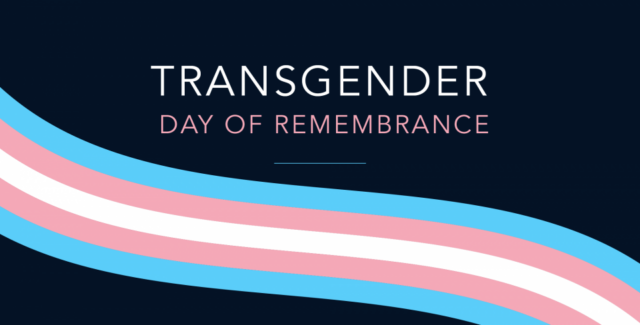Never Again: Canada’s unions mark December 6 with call to end gender-based violence
Canada’s unions are marking the 34th anniversary of the attack at École Polytechnique in Montreal by urging the federal government to take concrete steps to prevent and address gender-based violence in Canada. This must include implementing ILO Convention 190 (ILO C-190), the first international standard of its kind, that acknowledges the universal right to a world of work free from violence and harassment; integrating Indigenous rights and justice into practices and policies by implementing the Calls to Justice from the National Inquiry into Missing Murdered Indigenous Women Girls and Two Spirit People (MMIWG); and, implementing the recommendations of the Mass Casualty Commission report, which was released earlier this year.
On December 6, 1989, a male gunman targeted and shot several women students at l’École Polytechnique in Montreal. 14 women died, and 10 others were injured. Every year, on December 6, Canada’s unions join organizations across the country in marking the day, by calling for necessary action to end gender-based violence and femicide.
“We remember those lost and injured that day, targeted because they were women. We also mark December 6, by reaffirming our commitment to act against gender-based violence. We owe it to the memory of those victims, and to everyone lost or injured because of gender-based violence since then, to take decisive action and put an end to this injustice,” said Bea Bruske, President of the Canadian Labour Congress. “The December 6 murders happened over three decades ago, and yet we’re still fighting for proper protections against gender-based violence. At work, women and gender-diverse workers are more likely to be the targets of violent behaviour, particularly by third parties like clients, customers or patients. Every worker deserves to be safe at work, which is why it’s critical that the federal government collaborate with unions and employers to implement ILO C-190.”
ILO C-190 establishes a clear framework for ending violence and harassment in the world of work, and makes governments accountable for preventing and addressing violence at work. The federal government of Canada ratified ILO C-190 earlier this year but has yet to develop a plan for implementation. Meanwhile, incidents of workplace violence perpetrated against women and gender-diverse workers continue to increase.
Femicide is on the rise: on average, one woman or girl is killed every two days in Canada. We’ve also seen a sharp increase in incidents of misogynist, transphobic and homophobic hate. The alarming proliferation of anti-feminist and anti-trans disinformation online is emboldening perpetrators to commit violence offline. Earlier this year, at the University of Waterloo, a male former student targeted and attacked a woman associate-professor in a gender studies class. Two students were also seriously injured in the attack.
Workers with multiple and intersecting identities, like Indigenous women, girls and Two-Spirit people, face especially high rates of gender-based violence. This is why it’s critical that any government plan aimed at addressing gender-based violence also include measures to implement the MMIWG inquiry calls to justice.
“Gender-based violence is a violation of human rights, and refusing to act to end it is not an option. Everyone deserves to be safe at work, and that includes putting an end to gender-based violence in the world of work. But we must be intentional in the way we do this work, and any policy aimed at addressing gender-based violence must adequately reflect intersectional experiences,” said Siobhán Vipond, CLC Executive Vice-President. “It is our duty to honour the memory of those we’ve lost, and to honour those who survived, by ending gender-based violence. For over thirty years, Canada’s unions have called for the prevention and elimination of all forms of gender-based violence, and we remain steadfast in our commitment.”
Canada’s unions are ready to get to work, alongside governments and employers, to ensure workers in every sector and every jurisdiction are safe at work, so no one is left behind.
In memoriam
Geneviève Bergeron
Hélène Colgan
Nathalie Croteau
Barbara Daigneault
Anne-Marie Edward
Maud Haviernick
Barbara Klucznik Widajewicz
Maryse Laganière
Maryse Leclair
Anne-Marie Lemay
Sonia Pelletier
Michèle Richard
Annie St-Arneault
Annie Turcotte
A version of this article was first posted on the CLC website.











